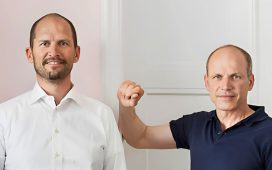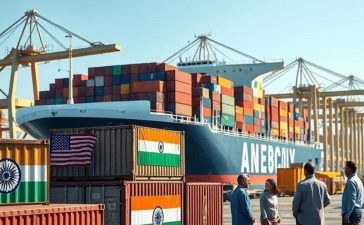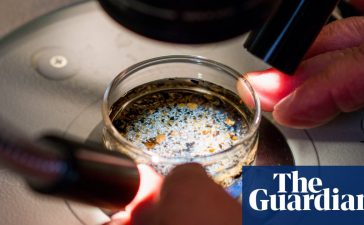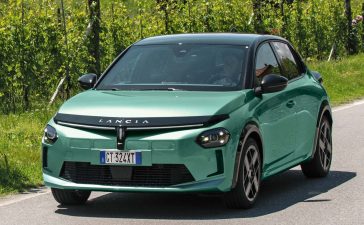The project made headlines for using mostly locally produced technology with battery equipment from local battery manufacturer and system integrator Prime Batteries. Monsson’s head of M&A, Sebastian Enache, and energy storage project manager, Mihaela Popescu, discussed the project, the technology choice, and the wider Romanian market.
Entry into energy storage and designing in-house technology
We started by asking Enache and Popescu how Monsson, a renewable developer, operator and energy trader, got into the energy storage market, both as a project owner and technology developer.
“We are developing around 5,000MW of renewables and the question of how to improve the revenues for renewables kept coming up. Our R&D team was looking at energy storage for the last four years, and the price of the technology came down, and it became available at scale,” Enache said.
“We looked for an energy storage solution for our renewables but couldn’t find ones that were flexible enough for renewables and the day-ahead and intraday market requirements on the software side and also in terms of operational maintenance. Most solutions were containerised, and we wanted to have easy access for maintenance and operation.”
Monsson, therefore, designed its own energy storage solution—which can use any battery producer—and Prime Batteries manufactured the battery technology for the project, including the battery cells, via a framework agreement, Enache claimed. Monsson also designed the software for the system to operate in the energy market and holds a patent for a specific type of BESS water cooling system.
The BESS project is hybridised with a 35MW PV, 50MW wind plant and is primarily optimising the dispatch of those renewables to increase revenues for the overall power plant. The 24MWh deployment is the pilot phase of a larger 216MWh deployment there, which would be the largest in Southeast Europe, Enache said.
‘Made in Europe’
We then asked him about how the technology procurement for the project worked and whether Prime’s solution was more expensive than buying BESS from China.
Enache: “We had a technological tender for our solution, and Prime was the one able to integrate their technology into ours. It wasn’t about the price, it was about showing we can have a viable business with European technologies. The price might have been slightly higher, but this way, the money is being spent in Europe.”
“I have a strong opinion on supporting European producers. The market should still be a free one but there is a middle ground between using local and foreign technology.”
Sweden and Northvolt link
Building BESS projects at scale with local technology will clearly need manufacturing capacity beyond what Prime alone can provide, and Enache alluded to the possibility of using other manufacturers.
“If we do a project in Romania we can use Prime batteries, if we do it in Sweden we can use Northvolt batteries. We wanted to have a solution with 99.9% European components,” Enache added.
Sweden’s ambassador to Romania attended the 24MWh project’s inauguration ceremony. Enache explained that the company has links to Sweden via operation and maintenance (O&M) contracts on renewable assets there. “With our Swedish partners, we are looking at implementing similar solutions in Sweden, probably with locally produced batteries.”
Romanian market
Enache said that Romania needs to deploy around 2.5GWh of BESS to accommodate its renewables pipeline, that this was “very easy to implement by 2030,” and that the Romanian energy environment is “in a good place to accommodate such investments.”
Monsson also has a separate 6MW standalone BESS project, though said that the business case is not quite as proven as for a co-located or hybridised one. “Everyone is currently testing the market to see what kind of revenues you can generate via a standalone project.”
Like many other European countries, Romania is deploying funds from the EU-wide Recovery and Resilience programme to support energy storage and other clean energy technologies.
The Romanian government relaunched a competitive solicitation for grants towards 240MW/480MWh of BESS though Enache and Mihaela Popescu, energy storage project manager for Monsson, said that other technologies would most likely take priority for now, and a large-scale storage one would only be properly tendered in late 2024.
Enache claimed that Romania could become the most advanced energy storage market in Europe. Others have said the same about the wider Central and Eastern Europe (CEE) region, where utility-scale BESS deployments are set to grow substantially in the coming years from a negligible base.
Energy-Storage.news’ publisher Solar Media will host the 2nd Energy Storage Summit Central Eastern Europe on 24-25 September this year in Warsaw, Poland. This event will bring together the region’s leading investors, policymakers, developers, utilities, energy buyers and service providers all in one place, as the region readies itself for storage to take off. Visit the official site for more info.











